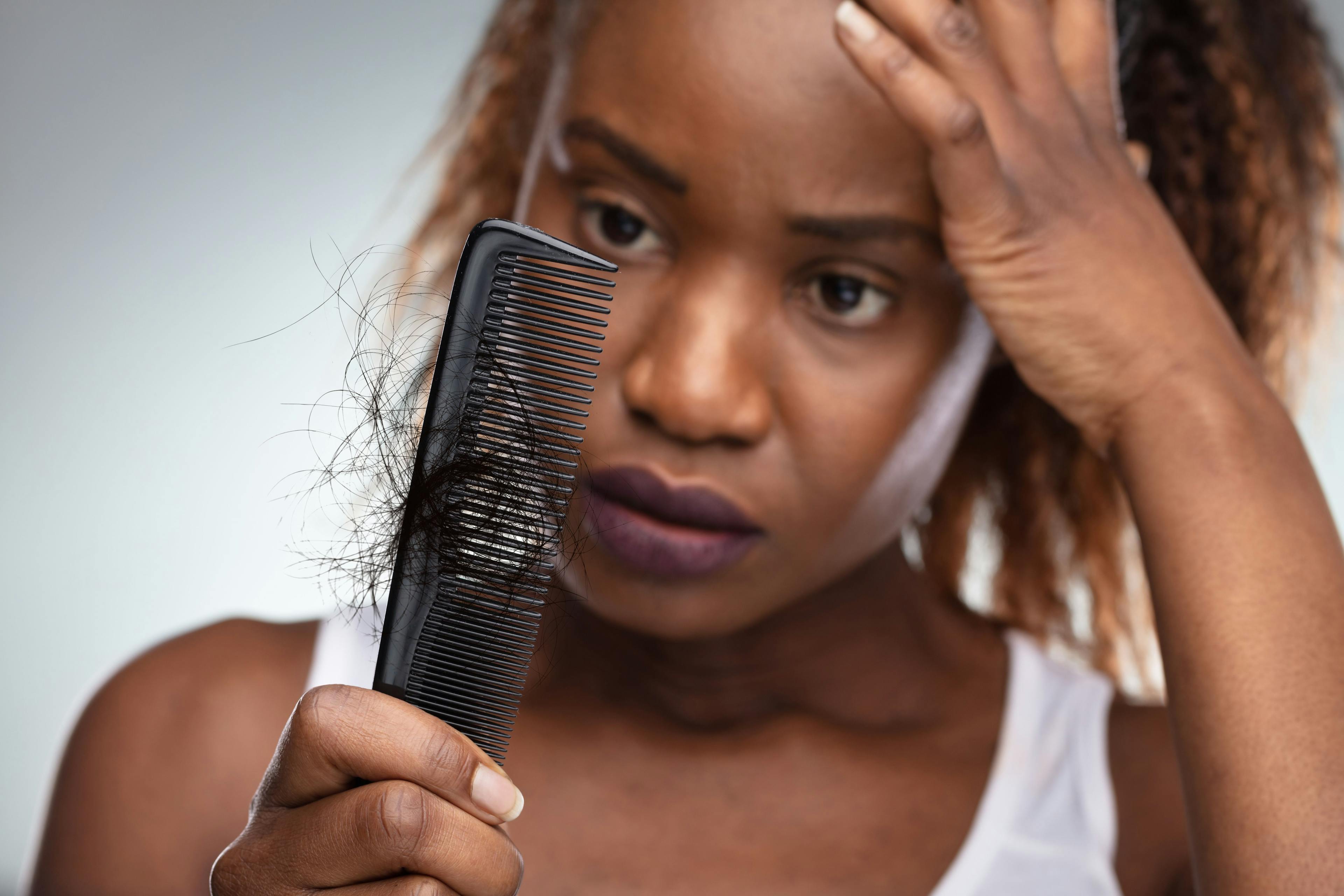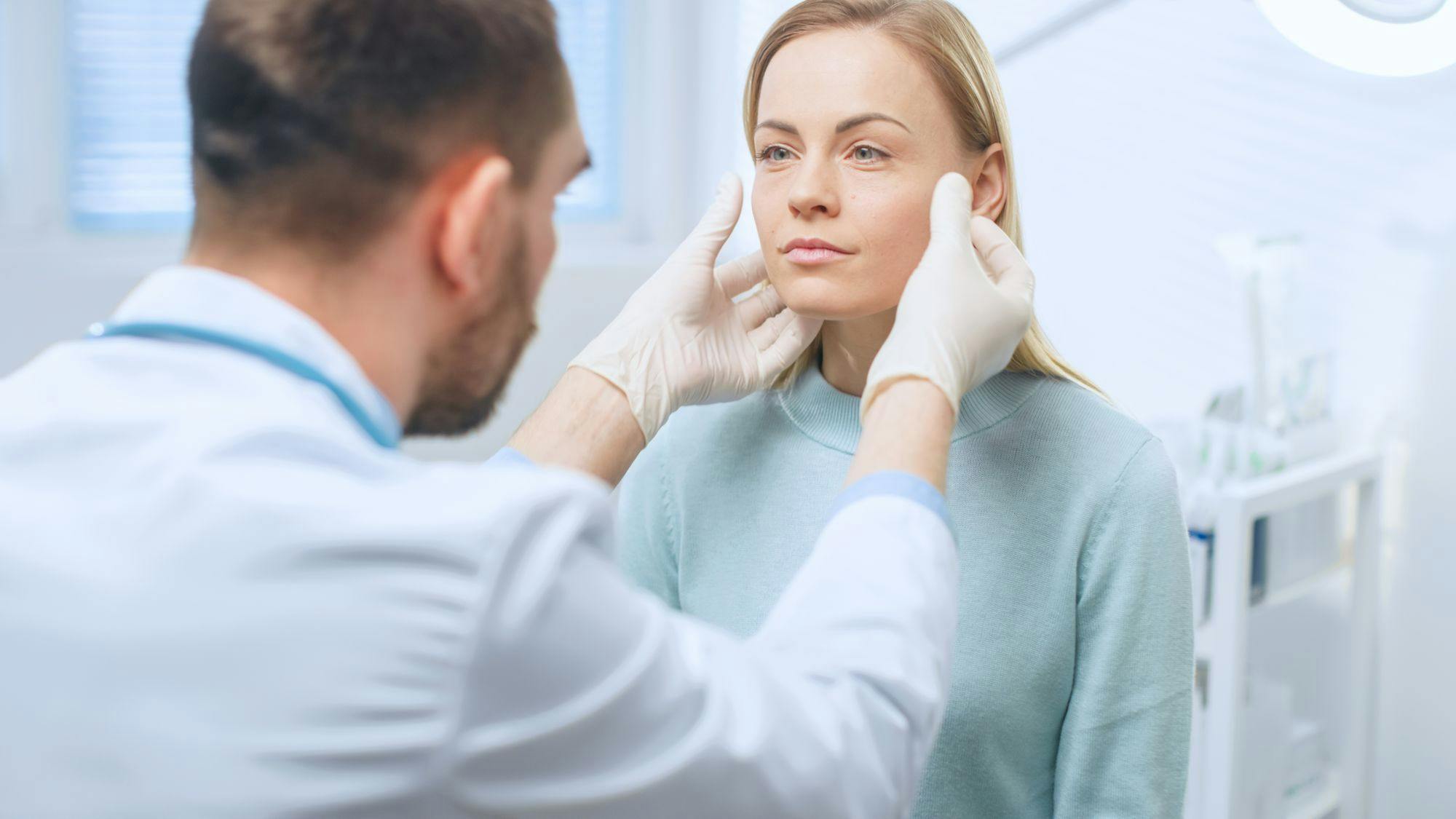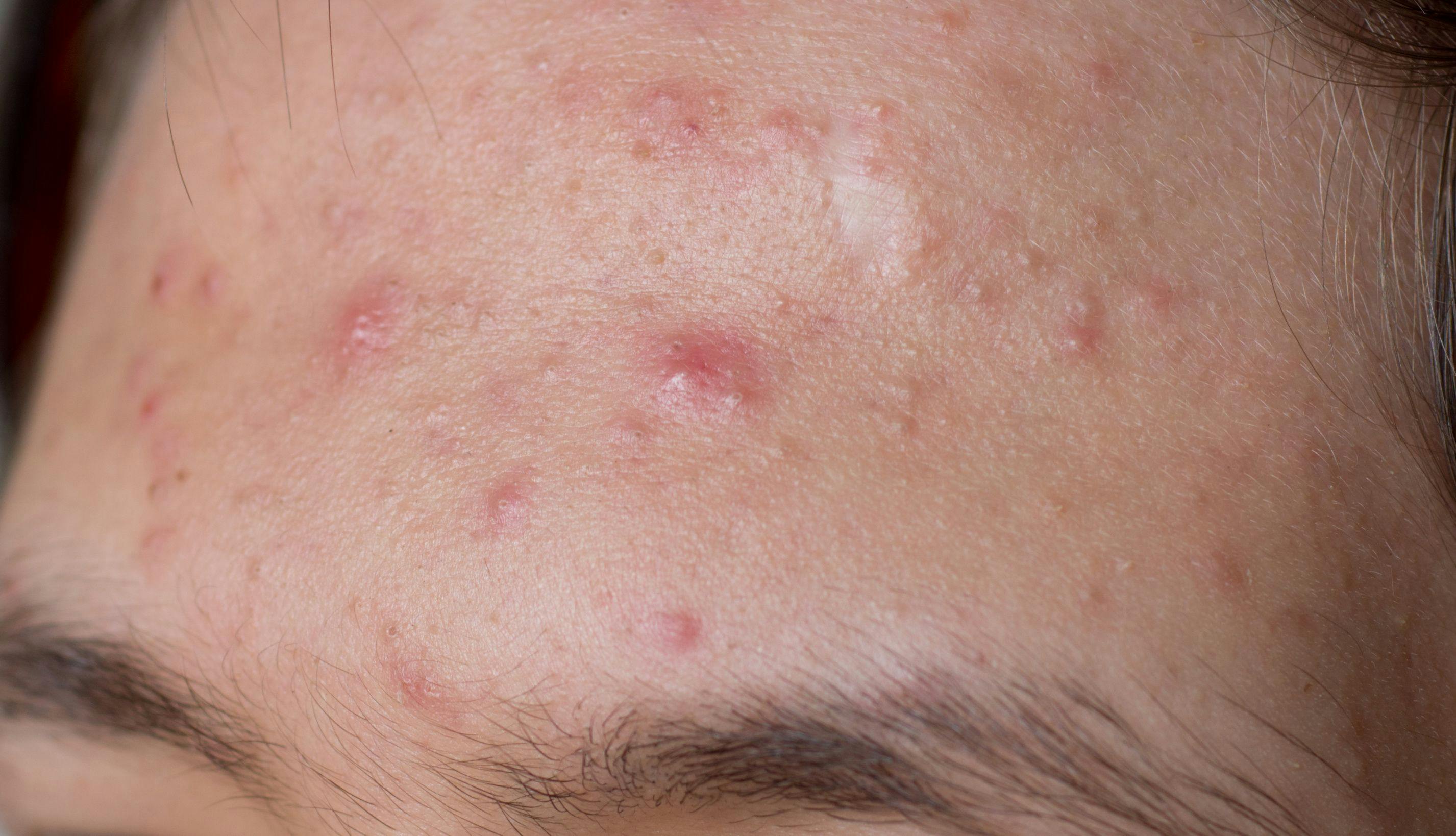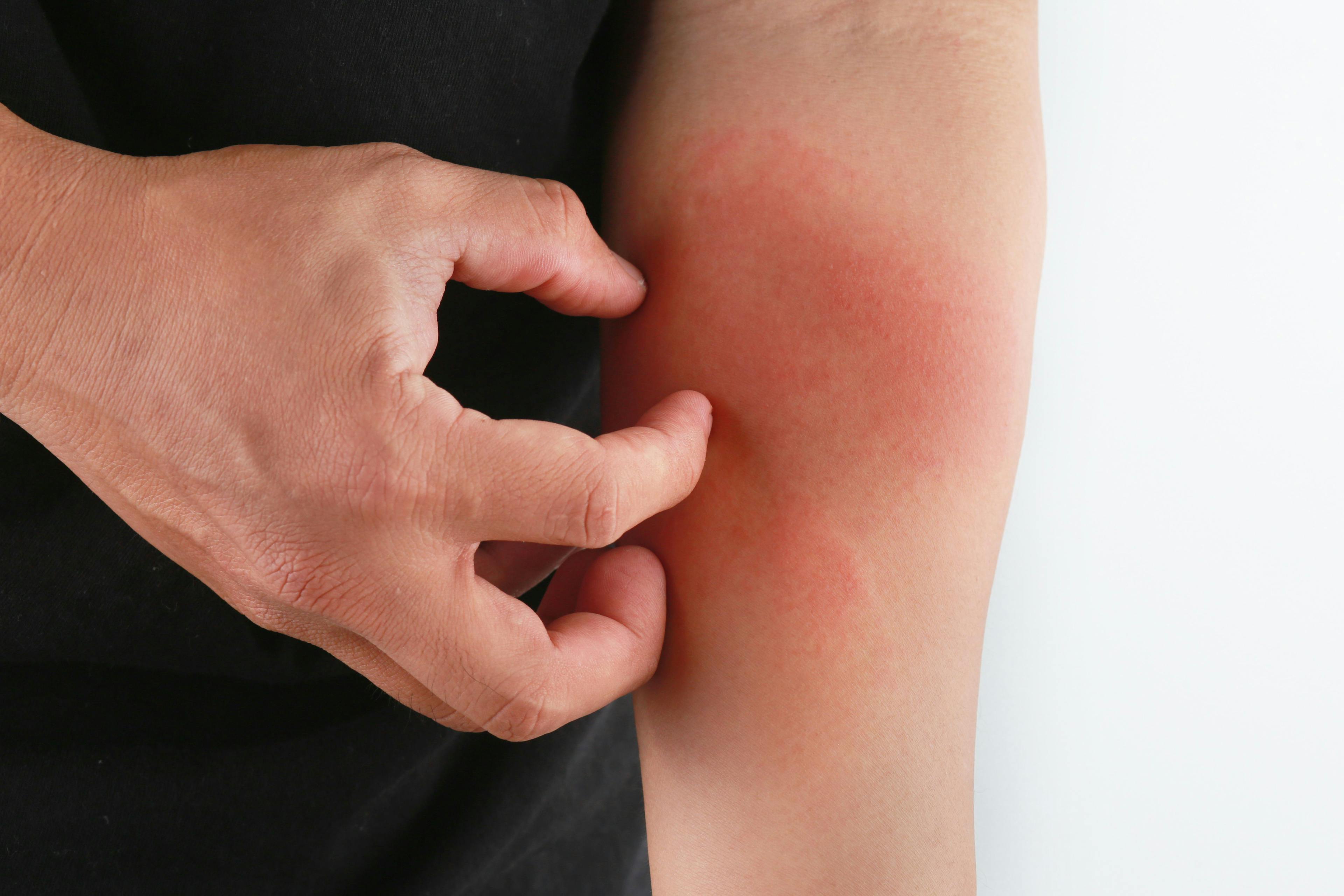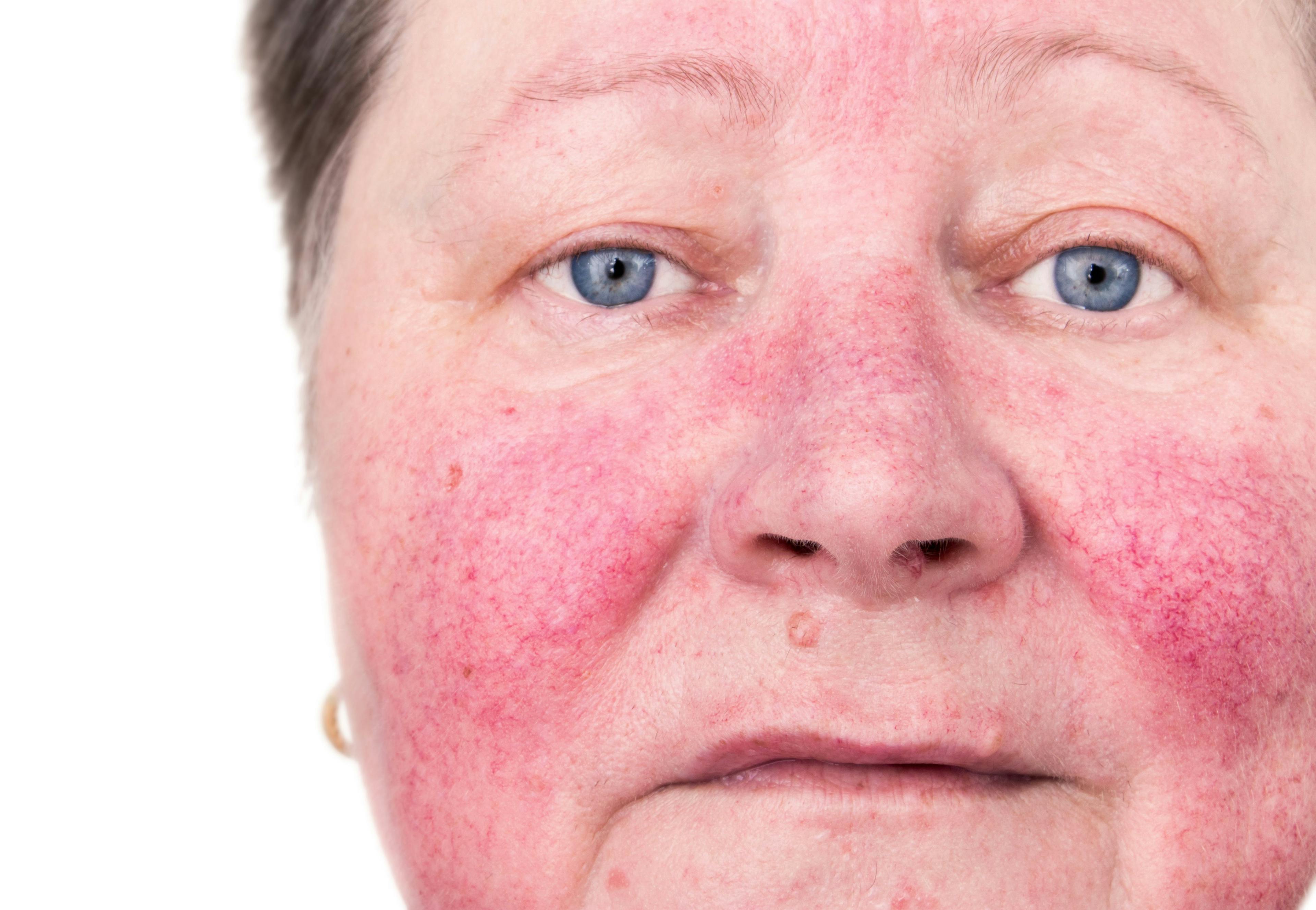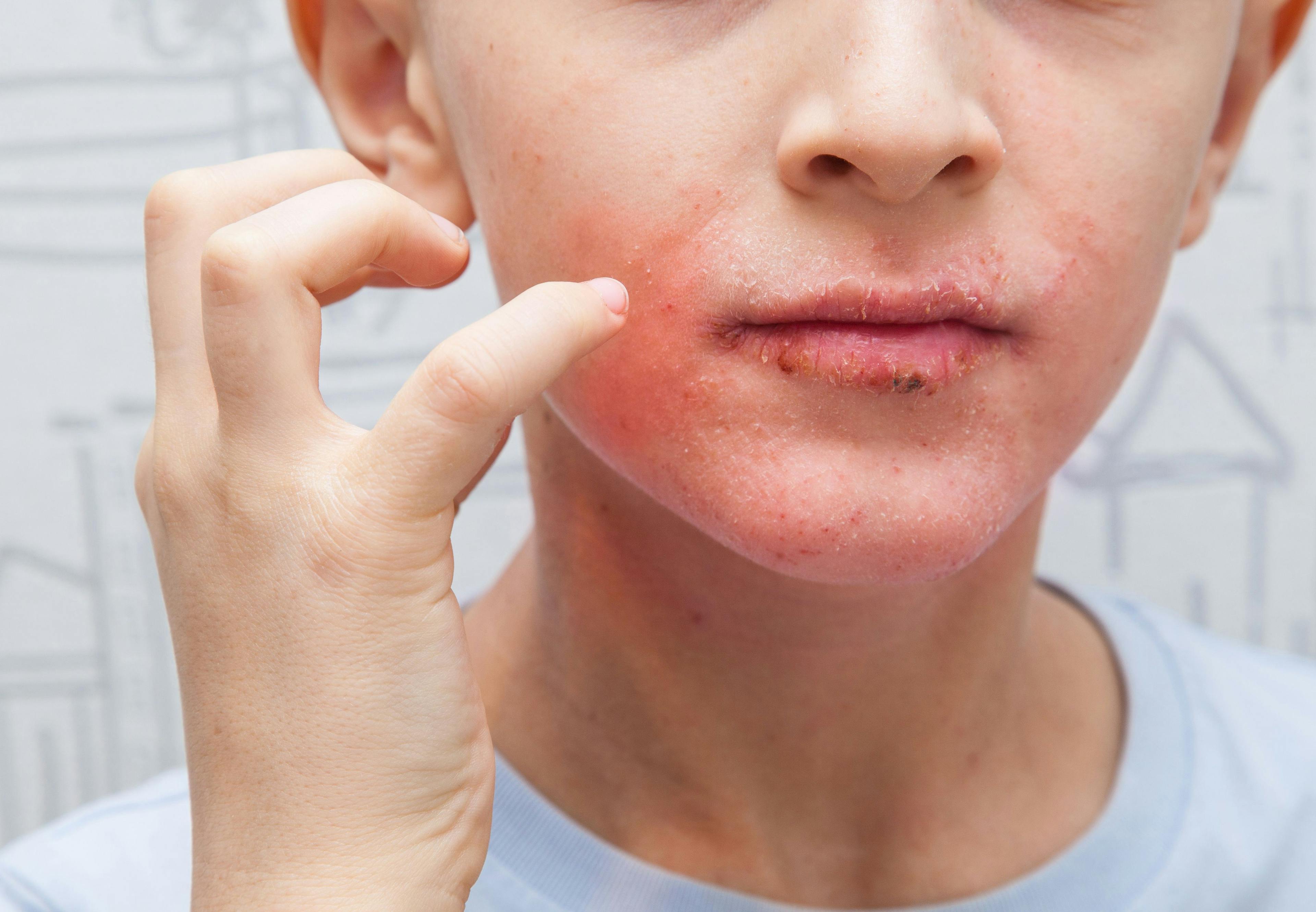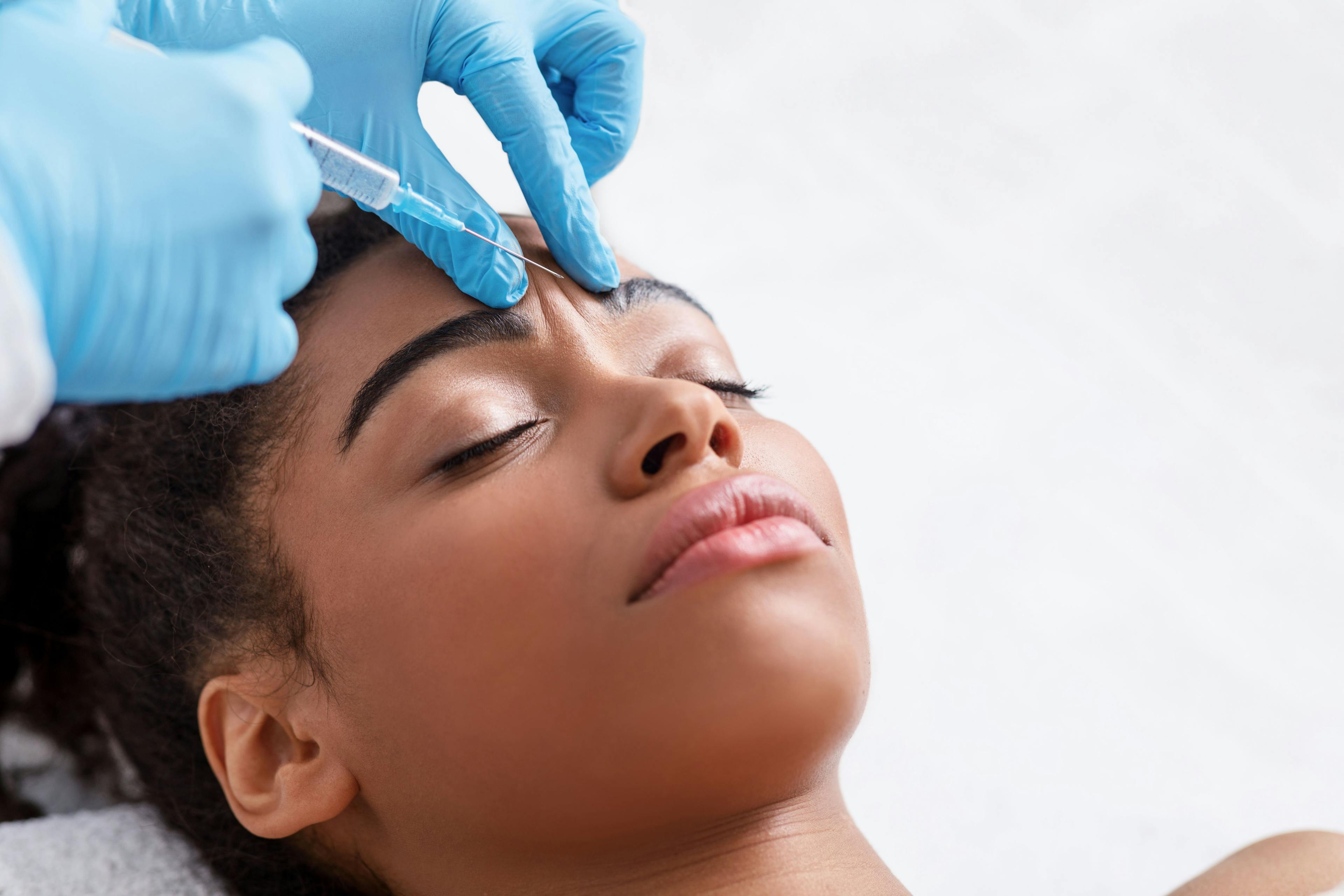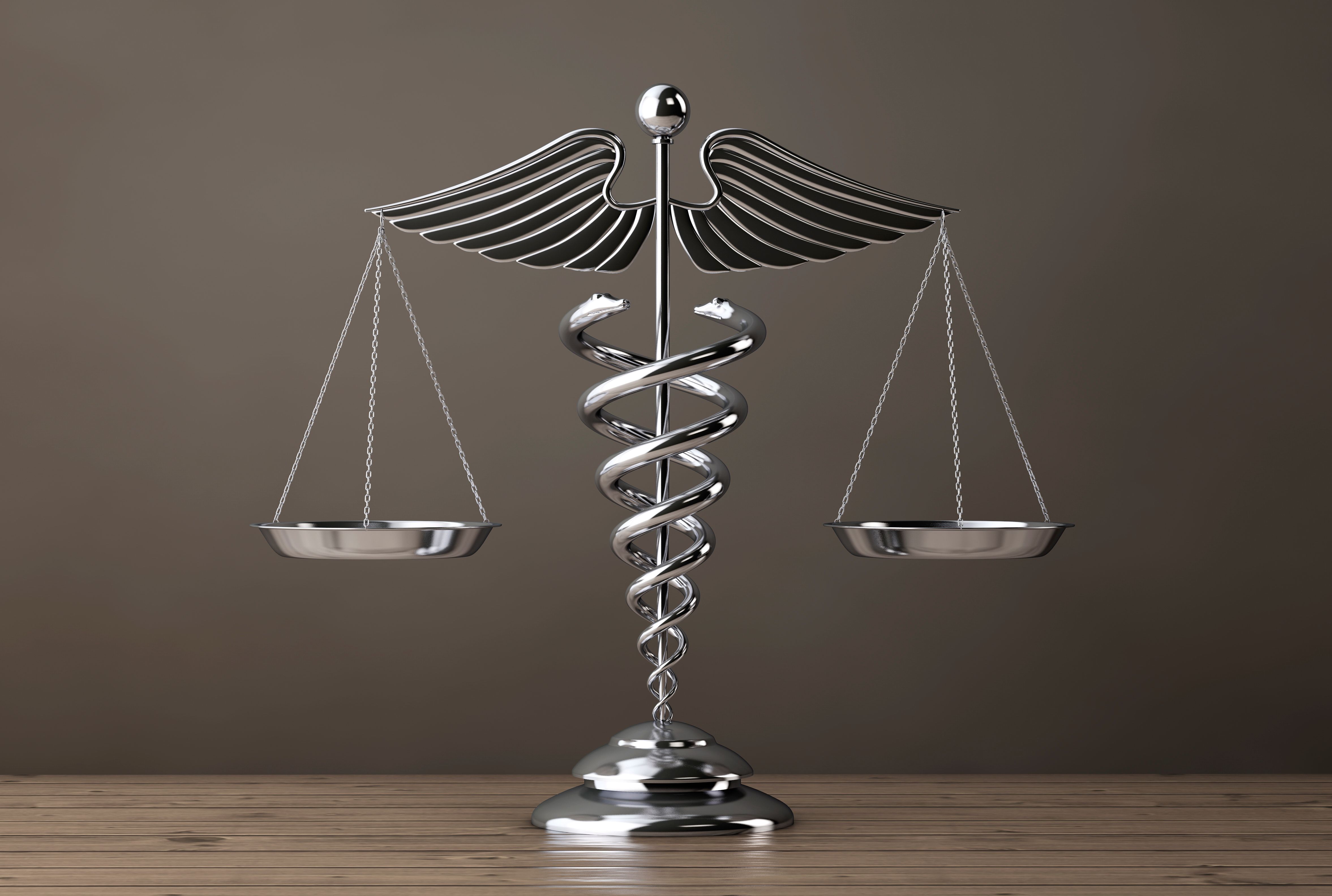- Acne
- Actinic Keratosis
- Aesthetics
- Alopecia
- Atopic Dermatitis
- Buy-and-Bill
- COVID-19
- Case-Based Roundtable
- Chronic Hand Eczema
- Chronic Spontaneous Urticaria
- Drug Watch
- Eczema
- General Dermatology
- Hidradenitis Suppurativa
- Melasma
- NP and PA
- Pediatric Dermatology
- Pigmentary Disorders
- Practice Management
- Precision Medicine and Biologics
- Prurigo Nodularis
- Psoriasis
- Psoriatic Arthritis
- Rare Disease
- Rosacea
- Skin Cancer
- Vitiligo
- Wound Care
Publication
Article
Dermatology Times
I Can’t Afford to Have a Chaperone With Me During Skin Exams: Can I Get Into Trouble?
Author(s):
In this month's Legal Eagle, David J. Goldberg, MD, JD, writes about the legal burden of having a chaperone during skin exams.
Dr Jane has been a practicing dermatologist for 20 years. She is known for her thorough skin examinations and is proud of the lives she has saved by detecting early malignant melanoma. Recently she received a summons from a male patient alleging that she sexually assaulted him during a total-body skin examination. She is horrified to find that her malpractice carrier does not cover her for such potential crimes. She hires an attorney who admonishes her for not having a chaperone in the room with her for the body examinations. She contends that she has never done so, cannot afford to do so, and is not required to do so.
Who is correct?
In the heralded 2001 case of Doe v Louisiana State Board of Medical Examiners, the appellate court made clear what is obvious to all physicians: “The public depends on and trusts that doctors will conduct their medical practice in a professional manner. Special privileges are granted to doctors in the area of personal privacy that are not accorded to anyone else....”
Despite the intimacy of the doctor-patient relationship, the general rule has been that there is no legal requirement for chaperones. This lack of a mandate reflects both the needs and conflicts of the patient and the doctor. Yet some have suggested that it is logical that a physician at least suggest the option of a chaperone.
Because physicians such as Jane may face liability for their misconduct, chaperones are helpful because they can corroborate the doctor’s defense or act as a deterrent to deviant behavior. Oftentimes, patients are fearful of the doctor and may appreciate the comfort and support that a chaperone renders. The desire for a chaperone often varies with the gender of the patient and of the doctor. Some patients may be frightened to ask for a chaperone while other patients may be bothered by the chaperone’s presence.
There are also some negative aspects for the physician who wishes to utilize a chaperone. For example, dermatologists may face significant costs in providing chaperones. However, the use of a chaperone may provide the best option for increasing patients’ comfort and protecting doctors from liability.
Although the law does not generally require that a physician provide chaperones, the court may impose the requirement for a chaperone when there are instances of the doctor’s past misconduct. This system both allows doctors to continue to practice medicine while accounting for patient safety.
In Doe v Louisiana State Board of Medical Examiners, the doctor was found guilty of “unprofessional conduct.” The victim alleged that the doctor discussed sex and religion with her, which made her uncomfortable. She also claimed that he touched her genitals with an ungloved hand while looking for a rash around her thighs.
On a later visit, during an examination that occurred entirely in the presence of a nurse, the victim complained that it took too long, “felt weird,” and that the doctor appeared nervous during the physical examination. This incident occurred 5 years after the doctor had admitted to improper sexual conduct with another patient and agreed to seek treatment and follow the recommendation of his psychiatrist. This psychiatrist had recommended that the doctor not examine female patients without a chaperone present to monitor him.
In addition to fining the doctor and mandating that he continue to receive psychiatric treatment, the Louisiana State Board of Medical Examiners required that he “shall conduct no other examinations of female patients without the presence of a chaperone who is aware of the reason for her presence at the examination.”
With the above in mind, Jane—although not required by law to do so—would be wise to suggest a chaperone for her patients who are undergoing full-body examinations.

Newsletter
Like what you’re reading? Subscribe to Dermatology Times for weekly updates on therapies, innovations, and real-world practice tips.






